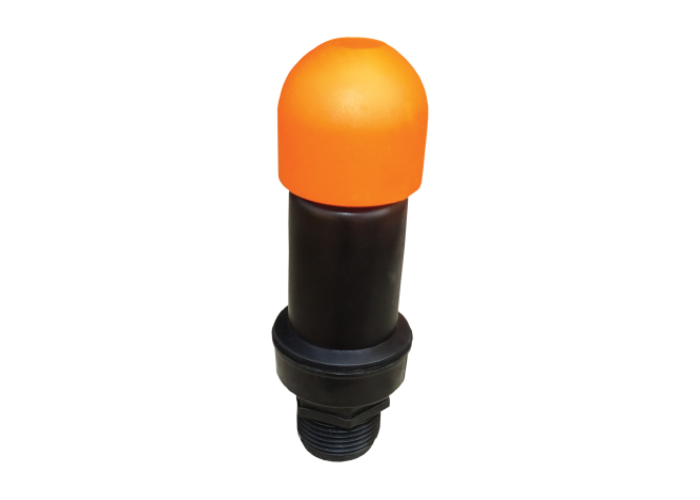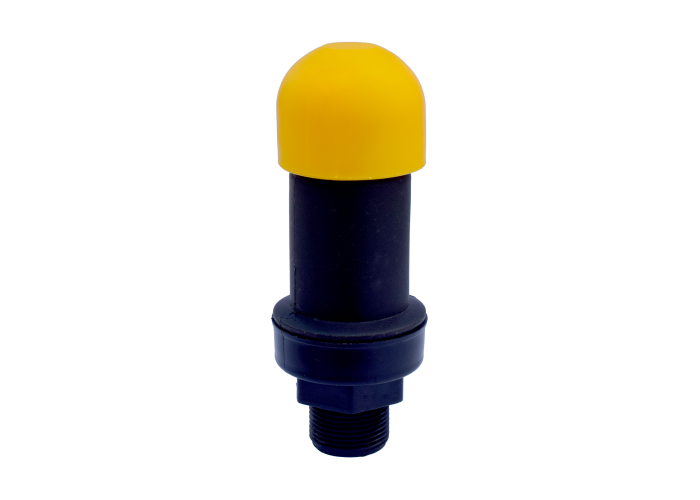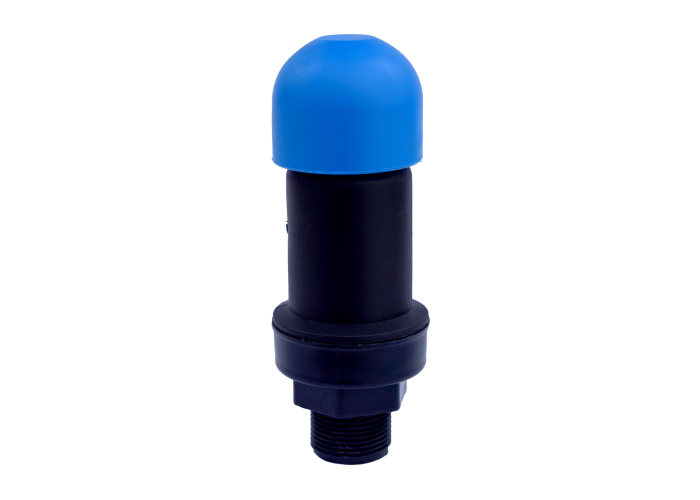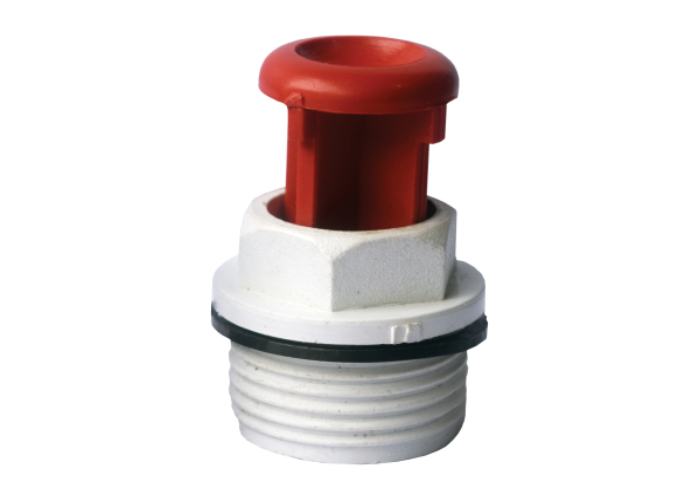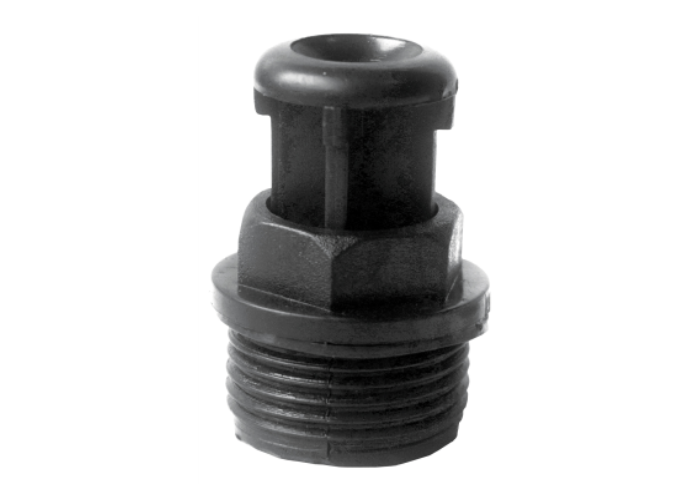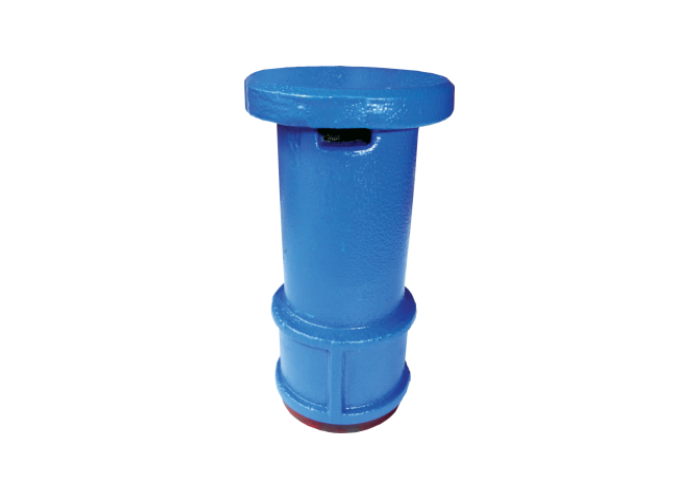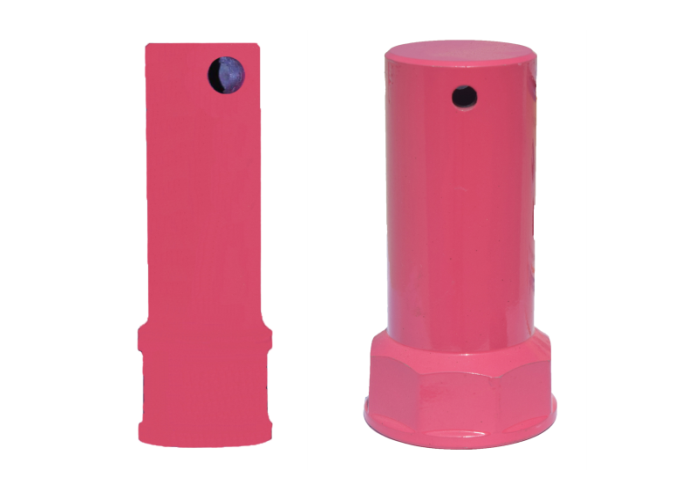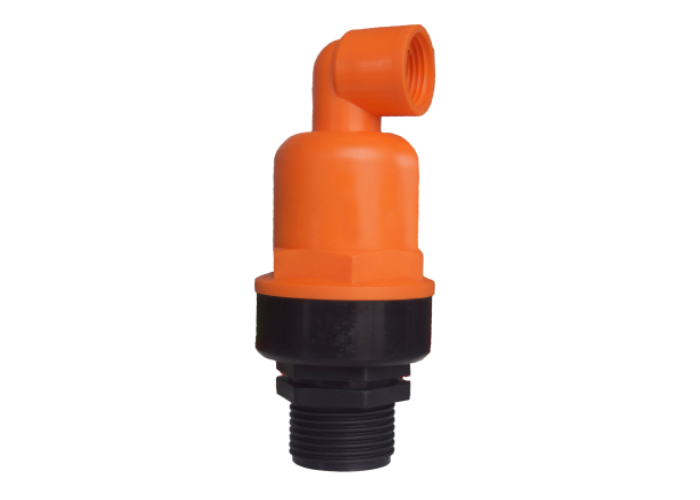
You don’t have to worry about the quality of the valve, we keep in mind every requirement and design quality that you want here at Darwin India. For everyone including farmer to an industrialist, our air valve is the best product for you that is durable and can help you in the smooth irrigation process as well as the supply of the water.
Darwin India’s product helps you to remove all those buddles that you do not want and as a result help in making the whole flow of the water smooth in the suction pump. Darwin India is the top manufacturer of the air valve.
We provide the best quality and durability. Our products are made keeping an eye on every requirement possible of our customers. Along with all of these, we don’t have a big price tag along with our product. You can buy our product at reasonable rates and affordable for everyone.
Key Features
T’s traverse along with the different features of an Air Release valve.
Long Lasting
These valves are made up of Polypropylene and are designed in such a way that it can handle a huge amount of pressure and corrosion. This is used in irrigation as farmers can achieve more as well as do more using these.
Various size
There is various size available which you can purchase according to your requirements.
Easier Installation as well as a replacement
When you want to replace or install the valve, it is easier thanever. Just one twist and one turn andyour product is all set on the place.
Custom made the product
If you want a different type of needs different then this, you can try our custom made product of Darwin India. You can contact us today and share the details that you want your product to be.
Applications
Water Distribution Networks
In water supply systems, air valves prevent air pockets that can cause water hammer, pressure surges, and inefficiencies in water flow.
Wastewater Treatment Plants
In these settings, air valves help manage gases produced during the treatment process, preventing blockages and ensuring the smooth operation of the system.
Irrigation Systems
Air valves are crucial in agricultural irrigation systems, preventing air locks that can disrupt water flow and damage equipment.
Industrial Pipelines
In industrial processes, air valves help maintain optimal pressure and protect pipelines from damage caused by air entrapment or vacuum formation.
Why Choose?
High-Quality Manufacturing
Our valves are produced to meet the highest industry standards, ensuring they deliver unmatched durability, reliability, and performance.
Competitive Pricing
We offer premium-quality products at affordable prices, providing excellent value for your investment.
Customer-Centric Service
Our team is dedicated to providing solutions that meet your specific needs, backed by responsive and knowledgeable support.
Global Reach
As a leading supplier and exporter, we ensure reliable delivery and service to clients worldwide, supporting a wide range of industries with our premium valve solutions.

